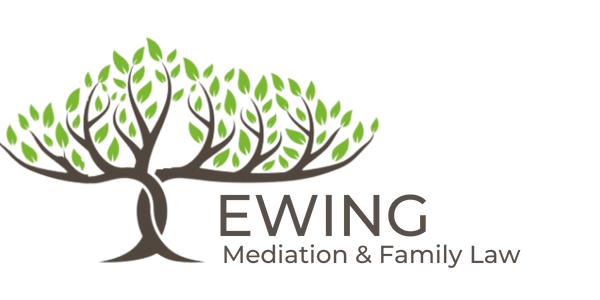Questions To Ask A Divorce Mediator In South Bay Before Hiring Them
Divorce is a challenging journey, but with the right approach, it can lead to a resolution that meets the needs of both parties involved. In South Bay, California, couples facing divorce have the option of pursuing mediation as a less adversarial and more collaborative alternative to traditional litigation. However, before selecting a divorce mediator, it’s essential to ask the right questions to ensure you find the right fit for your unique situation. Here are some key questions to consider asking a divorce mediator in South Bay before making your decision.

Answering The Question: My Spouse Wants A Divorce
What is the Mediation Process Like?
Understanding the mediation process is crucial before committing to it. In divorce mediation, you and your spouse will meet with a trained mediator to discuss and resolve various issues related to your separation. Both spouses speak with each other directly throughout the process, exchanging all necessary documents and information. The role of the mediator is to foster an environment that promotes open communication and cooperation by facilitating productive conversations that help you work towards mutually agreeable solutions.
How Long Does Divorce Mediation Take?
Unlike traditional divorce litigation, mediation begins as soon as both spouses are ready. Parties don’t need to wait for a court-assigned date as they would if their case were being litigated. The duration of the mediation process will be influenced by factors such as the complexity of the issues involved and the availability of both parties to meet with the mediator. However, the most crucial factor is the willingness of both spouses to compromise and focus on resolving issues.
Do I Need My Own Attorney in a Mediated Divorce?
While meditation encourages creative problem-solving, it’s advisable that you and your spouse each seek guidance from your own mediation consulting attorney to ensure your individual rights and interests are protected. Your mediator may be a licensed divorce attorney, but they cannot provide legal advice since they are neutral and do not represent either party. Having your own attorney can help you understand your rights, review proposed agreements, and ensure you are effectively advocating for yourself throughout the process.
What Issues Can Divorce Mediation Resolve?
Mediation can effectively resolve a wide range of divorce-related issues, including child custody and parenting agreements, child support, spousal support, and property division. The mediator facilitates discussions to explore creative solutions that may not be feasible in a courtroom setting, allowing both parties to tailor agreements to their unique needs and circumstances.
What Qualifications Should My Mediator Have?
While California does not mandate specific requirements for divorce mediators, it’s essential to work with professionals with extensive experience in family law. Mediators with a family law background are familiar with the laws in their jurisdictions, can offer valuable insights about the rights of both parties, and can draft legally binding agreements containing all agreed-upon terms.
What if My Spouse is More Knowledgeable About Financial Matters Than I Am?
In cases where one spouse is more knowledgeable about financial matters, additional support may be necessary to ensure a fair outcome. Consulting a certified divorce financial analyst (CDFA) can help you understand your current financial situation and advocate for your needs effectively during mediation.
What Other Divorce Options Do I Have if Mediation is Ineffective?
If mediation proves unsuccessful, you may want to consider collaborative divorce before pursuing litigation. Collaborative divorce involves non-adversarial legal representation for both parties, with attorneys present to advocate for their clients’ interests. Additionally, collaborative divorce teams include other specialists, such as financial experts and family therapists, to address complex issues and facilitate productive negotiations.
Are Mediation Sessions Confidential? Can Anything I Say During Mediation be Used Against Me in Court?
Confidentiality is a fundamental aspect of mediation. To protect the privacy of both parties, all statements made during mediation sessions are considered privileged communications and cannot be used against either party in court. Before beginning mediation, you will sign a confidentiality agreement with your spouse and mediator to ensure that all discussions remain confidential.
Contact Ewing Mediation & Family Law Today For A Divorce Mediation Attorney In South Bay, California
If you’re ready to explore divorce mediation as a less adversarial alternative to traditional litigation, don’t hesitate to reach out to our experienced team at Ewing Mediation & Family Law. We understand the complexities of divorce and are dedicated to guiding you through the mediation process with compassion and expertise. Contact us today to schedule a consultation and take the first step towards a fair and amicable resolution to your divorce. Let us help you navigate this challenging time with confidence and clarity.
